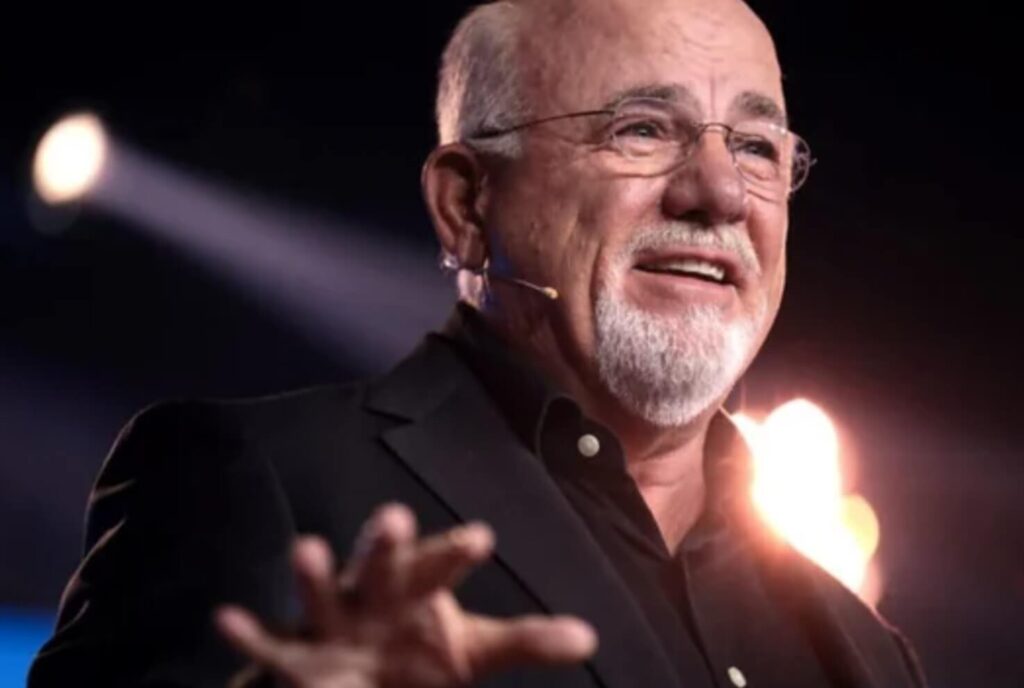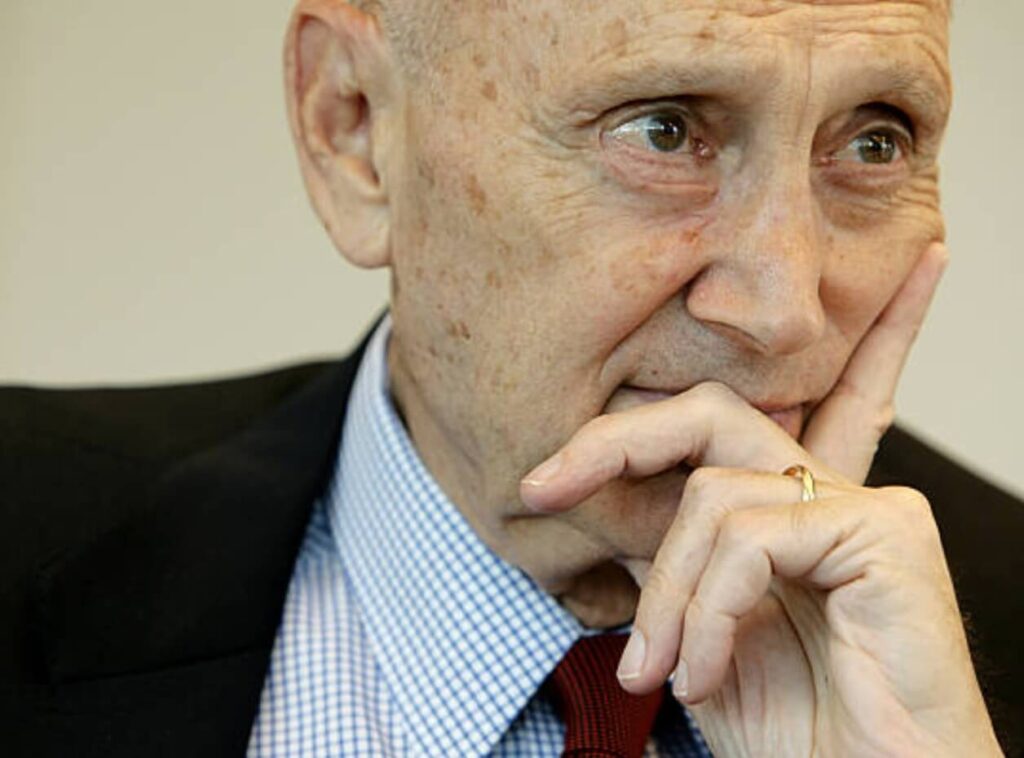Dave Ramsey is one of the most recognized voices in American personal finance. With millions of followers, bestselling books, and a long-running radio show, Ramsey has built a brand on straight talk, tough love, and an unwavering belief in living debt-free. But while his message has inspired many to take control of their money, critics point out that his advice lacks nuance — and that he is neither an economist nor a credentialed financial advisor.
👤 Dave Ramsey’s academic background and Career
Born: September 3, 1960, Antioch, Tennessee, USA
Education: B.S. in Finance and Real Estate, University of Tennessee, Knoxville
Ramsey began his career in real estate, building a multimillion-dollar portfolio by his mid-twenties — only to lose it all when his debts were called in. This personal financial collapse in the late 1980s became the foundation for his future teachings: avoid all debt, no matter what.
In the early 1990s, Ramsey launched a financial counseling business and eventually created The Dave Ramsey Show, a nationally syndicated radio program that has since reached millions. He is not a licensed financial advisor, certified planner, or trained economist — something that has raised concerns among professionals in the field.
📣 Dave Ramsey’s Major Contributions and Controversies
📕 The “Baby Steps” Approach
Ramsey’s most famous contribution to personal finance is his “7 Baby Steps,” a rigid plan for achieving financial stability: start with saving a $1,000 emergency fund, pay off all debt using the “debt snowball,” and progress toward investing and wealth-building.
While praised for its clarity and simplicity, critics argue that his system prioritizes psychology over math, for example, encouraging people to pay off smaller debts first instead of focusing on high-interest balances. It may feel satisfying, but it’s not always the most financially sound strategy.
🧱 Debt Aversion Taken to the Extreme
Central to Ramsey’s philosophy is his total rejection of all debt — including mortgages, student loans, and credit cards. While this hardline stance resonates with those burned by borrowing, it ignores more nuanced uses of credit, such as responsible leveraging, building credit scores, or using low-interest student loans for high-return education.
His blanket advice may oversimplify complex financial decisions, particularly for lower-income families or those living in high-cost areas where some debt is almost unavoidable.
🎙️ Advice Without Credentials
Unlike respected financial thinkers such as Benjamin Graham or economists like Robert Shiller, Ramsey does not base his guidance on academic research or economic modeling. His advice is drawn largely from personal experience and anecdotal evidence. While powerful and emotionally resonant, it lacks the rigor and adaptability of professionally vetted financial planning.
Ramsey’s frequent dismissal of opposing viewpoints, including those from credentialed professionals, can foster an echo chamber that prioritizes belief over evidence.
📚 Dave Ramsey’s Most Popular Works
The Total Money Makeover (2003)
Ramsey’s flagship book outlines his 7 Baby Steps and uses testimonials to build a case for radical debt elimination. It’s a bestseller for a reason — accessible, engaging, and motivational — but also criticized for repetitive content and an inflexible tone.
Financial Peace Revisited (2002)
An earlier text is rooted more in Ramsey’s personal journey from bankruptcy to solvency. This book helped lay the foundation for his later empire, but similarly reflects a narrow, one-size-fits-all perspective.
🗣️ Dave Ramsey’s Public Persona and Media Presence
Ramsey’s style is unmistakable: brash, uncompromising, and moralistic. He often frames financial success in moral or spiritual terms, blending evangelical Christian values with personal finance. This fusion has made him a hero to some — and alienating to others.
His media empire, Ramsey Solutions, includes books, courses (Financial Peace University), podcasts, and conferences. Yet former employees have criticized his organization’s rigid culture, and he has faced legal challenges related to workplace policies and alleged discrimination.
❗ Limitations and Criticism
⦁ No Academic or Professional Certification: Ramsey is not a CFP, CFA, CPA, or economist. His financial advice lacks the backing of formal academic or institutional frameworks.
⦁ Rigid and Unforgiving: His one-path-fits-all model doesn’t account for diverse circumstances, such as student loan forgiveness programs, strategic mortgage refinancing, or income-based investment strategies.
⦁ Legal and Ethical Controversies: Ramsey Solutions has been embroiled in lawsuits over workplace practices, including a high-profile case concerning the firing of an employee for being pregnant out of wedlock — a decision Ramsey defended on religious grounds.
🎯Dave Ramsey’s Legacy and Impact
There’s no denying that Dave Ramsey has changed lives. His tough-love approach has helped thousands of people escape debt and build healthier relationships with money. But his lasting impact may be more cultural than financial — he’s a storyteller and motivator more than a technician or theorist.
In an age where financial advice is everywhere, Ramsey’s success proves that charisma, consistency, and moral clarity can rival — or even outshine — credentials and complexity. Whether that’s empowering or dangerous likely depends on who you are and what you need from your financial education.




